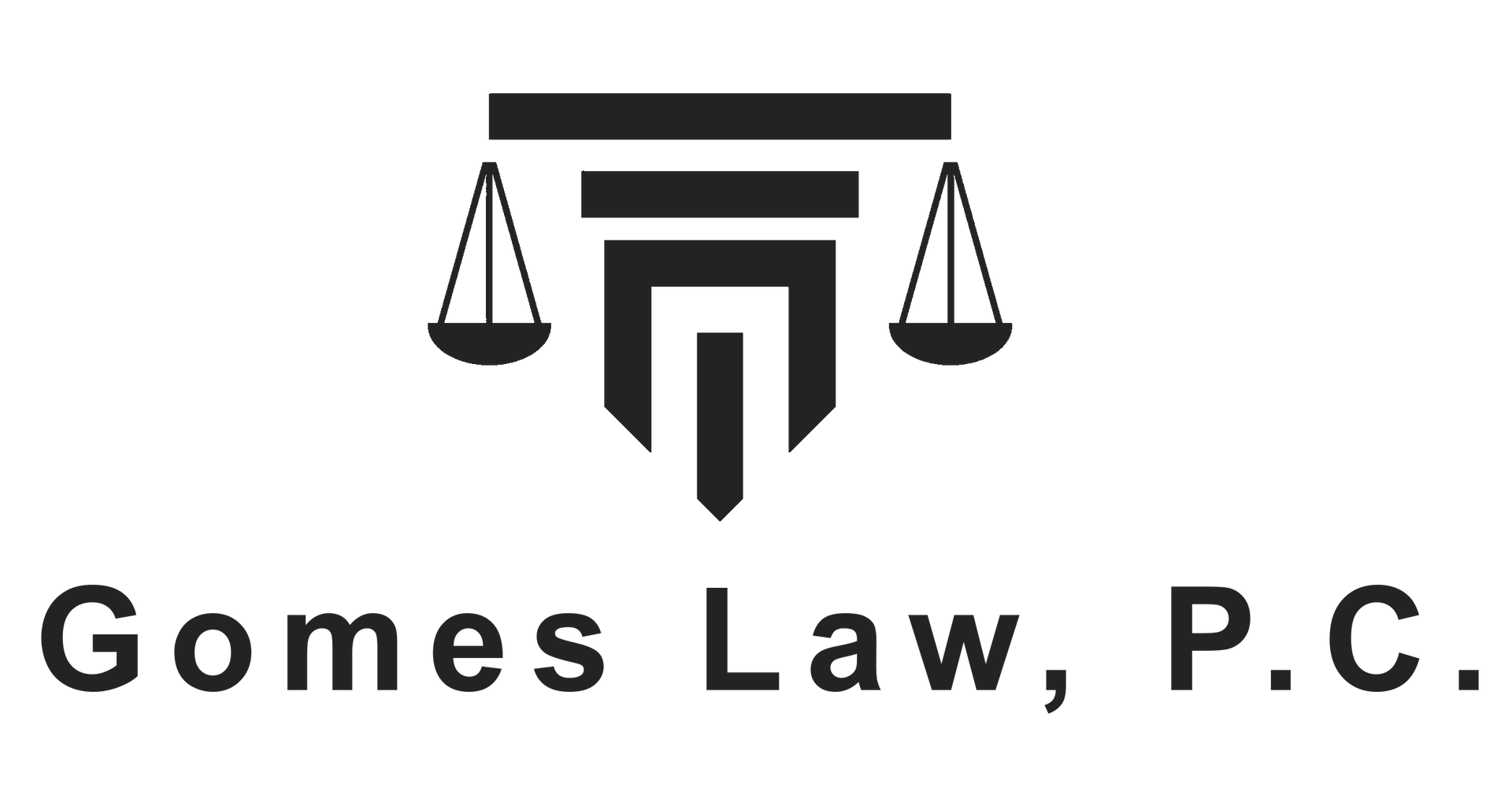What is Basic Estate Planning?
The basic estate plan recommended to every person at least eighteen years of age or older consists of a Last Will and Testament, Health Care Proxy, Durable Power of Attorney and a Declaration of Homestead.

Last Will and Testament
A Last Will and Testament is commonly known as an instrument setting forth the final distribution of a person’s property including who will receive a distribution and in what share or amount. A Last Will and Testament is much more. A Will is in essence your last words, for the purpose of informing your loved ones your last desires including burial requests, distributions of your property and how any debts are to be paid. A Will is flexible allowing for distributions in exact proportions per person, specific bequests of items to persons and at the same time can be broadly stated that anything not mentioned specifically will go to a person or multiple persons. Persons naturally entitled to a share of the estate under the laws of the Commonwealth (a.k.a. Intestate Succession) may be specifically disinherited in a will. An often overlooked use of a will is the distribution of anatomical gifts, known as body and tissue donation. Further, a Will can appoint trusted individuals as legal guardians over your minor children and loved ones affected by incapacity, disability and mental disease.
Health Care Proxy
A Health Care Proxy is a legal instrument authorized by Mass. Gen. Laws ch. 201D, § 2, appointing a legal agent to make medical decisions on your behalf in the event you are incapacitated or unable to. A Health Care Proxy is a proactive device that becomes effective when medical treatment is imminent and you are unable to communicate whether or not you want the treatment to be done. A Health Care Proxy is flexible allowing for piecemeal choosing of medical treatment and medicines that you would be interested in avoiding. Having a Health Care Proxy in place avoids the necessity of having a loved one petition the probate court for a guardianship which is much more expensive to obtain and manage. Further, a Health Care Proxy can be drafted to avoid problems associated with a third party agent obtaining confidential healthcare information under the Health Insurance Portability and Accountability Act of 1996 (HIPAA). A Health Care Proxy is often accompanied with an informal document known as a “Living Will, Advance Directive or Personal Wishes Statement.” This document sets forth the types of medical treatment and medicines you do or do not wish to occur in the event you become terminally ill or unconscious. Massachusetts law does not recognize such documents; therefore, they are not legally binding upon your agent and doctors. Regardless, they are helpful as guidance to your agent in understanding of your wishes regarding life-prolonging measures. Common examples include artificial nutrition and hydration, pain medication and orders to not resuscitate.
Durable Power of Attorney
A Durable Power of Attorney is a legal instrument authorized by Mass. Gen. Laws ch. 190B, § 5-501, appointing a legal agent (a.k.a. Attorney-in-fact) to make financial and legal decisions on your behalf in the event you are incapacitated or unable to. A Durable Power of Attorney is a proactive device that can be drafted to become effective immediately upon execution or once you become disabled or incapacitated and unable to make decisions on your own. An Attorney-in-fact will make decisions regarding your business affairs, banking, property and further estate planning if necessary. Although most people find it hard to imagine giving the authority to a person to handle their finances, it is necessary in the context of an unfortunate status of incapacity. Foremost, the designated Attorney-in-fact should only be a trusted and responsible person. A Durable Power of Attorney can be drafted in many ways giving the Attorney-in-fact specific limited powers over certain matters, such as only managing a bank account and bill payment or the power to manage all financial matters on your behalf.
Declaration of Homestead
A Declaration of Homestead is a legal instrument authorized by Mass. Gen. Laws ch. 188, that protects a person’s home from attachment, execution and forced sales related to certain unsecured creditor claims, debts and judgments. The most common examples are judgments from lawsuits and credit card debt. Any person who owns a home and occupies it as their principal residence receives automatic protection (a.k.a. exemption) for $125,000.00. Any person who owns a home and occupies it as their principal residence may increase their protection amount to $500,000.00, by filing a written Declaration of Homestead at the Registry of Deeds in the county where the property is located. There is a special Homestead Declaration for the elderly and disabled which may offer higher protection amounts. Property owned by a Trust may be eligible for homestead protection.
Under the Homestead law a “home,” includes a single family home, a 2-4 unit family home, manufactured home, condominium unit, cooperative housing unit, and the proceeds from a house insurance policy against fire or other casualty loss.
Homestead protection is not absolute and does not protect against the following “exempted debts,” including debts and encumbrances existing prior to the filing of the Homestead, federal, state and local taxes and liens including (Medicaid benefits), mortgages, probate court executions for spousal or child support, court executions regarding actions in fraud, mistake, duress, undue influence and lack of capacity, and attachments of land not owned by the owner of the homestead.

